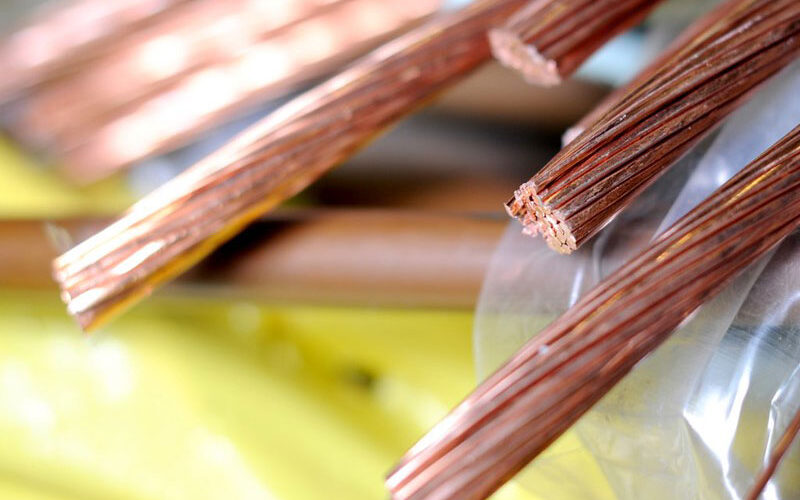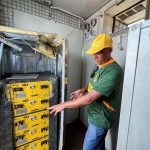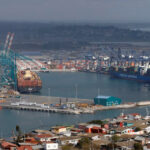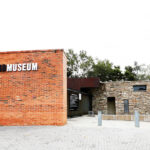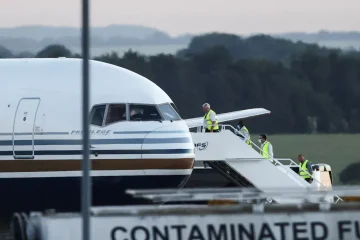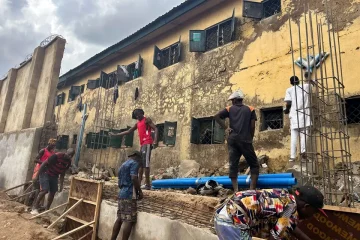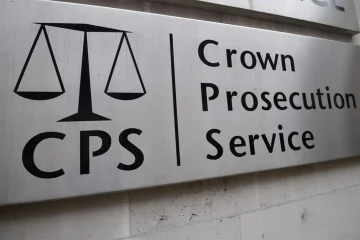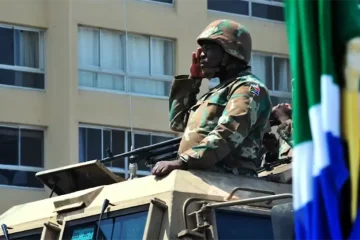MFUNEKO TOYANA and SIYABONGA SISHI
HLONI Doporo stands on a platform in Soweto’s Orlando Station, waiting for a train that may never come because thieves have stripped away most of the power cables.
When South Africa shut large parts of its economy and transport network during its COVID-19 lockdown, organised, sometimes armed, gangs moved into its crumbling stations to steal the valuable copper from the lines.
Now, more than two months after that lockdown ended, the commuter rail system, relied on by millions of commuters, is barely operational.
“The government has allowed this to happen,” Doporo, 25 says, staring across the empty platform at cables dangling from pylons outside. Most days these days the video producer walks to work, despite the threat of street muggings.
On a good day, trains on just seven of Metrorail’s 34 commuter lines make the trip out of the Soweto township to the economic capital Johannesburg. Trains in Cape Town have only resumed limited operations.
The disruption of Africa’s longest railway system threatens a vital piece of President Cyril Ramaphosa’s “Marshall Plan” to revive growth through reliable infrastructure.
The thefts have already had a direct impact on businesses at Orlando station.
Charity Motsai, 49, says the drop-off in customers almost drove her “spaza” shop, that sells crisps, cigarettes and household goods, into the ground.
“We’re lucky to be open … but it’s dangerous. Thieves arrive here daily to take cable, so we’ve made our own plan. Sometimes they come with guns, AK-47s. Even today, they’re digging up cable,” says Motsai.
There were only 274,000 passenger rail journeys in July, down from 5.5 million trips in March, according to Statistics South Africa.
This is an acceleration of a decade-long trend. Annual train trips fell threefold, from about 634 million in 2010 to 208 million at the end of 2019, mainly down to the increasingly unreliable train service.
Police estimate cable theft costs the economy 5 billion rand ($320 million) a year. Steve Harris, the secretary general of the United National Transport Union (UNTU), says it is more.
“We’ve never seen the rail system in this state. It’s diabolical,” Harris told Reuters.
State-owned railway operator, the Passenger Rail Agency of South Africa, did not respond to requests for comment. The agency did confirm the surge in cable theft during lockdown in a report to parliament in October.
Richard Chelin, an organised crime researcher at the Institute For Security Studies SA, said syndicates eyeing higher copper prices were driving the cable theft surge.
“The kingpins, they’re the ones doing it for profit. It’s not the man on the streets making the big money,” he said. – Thomson Reuters Foundation.

